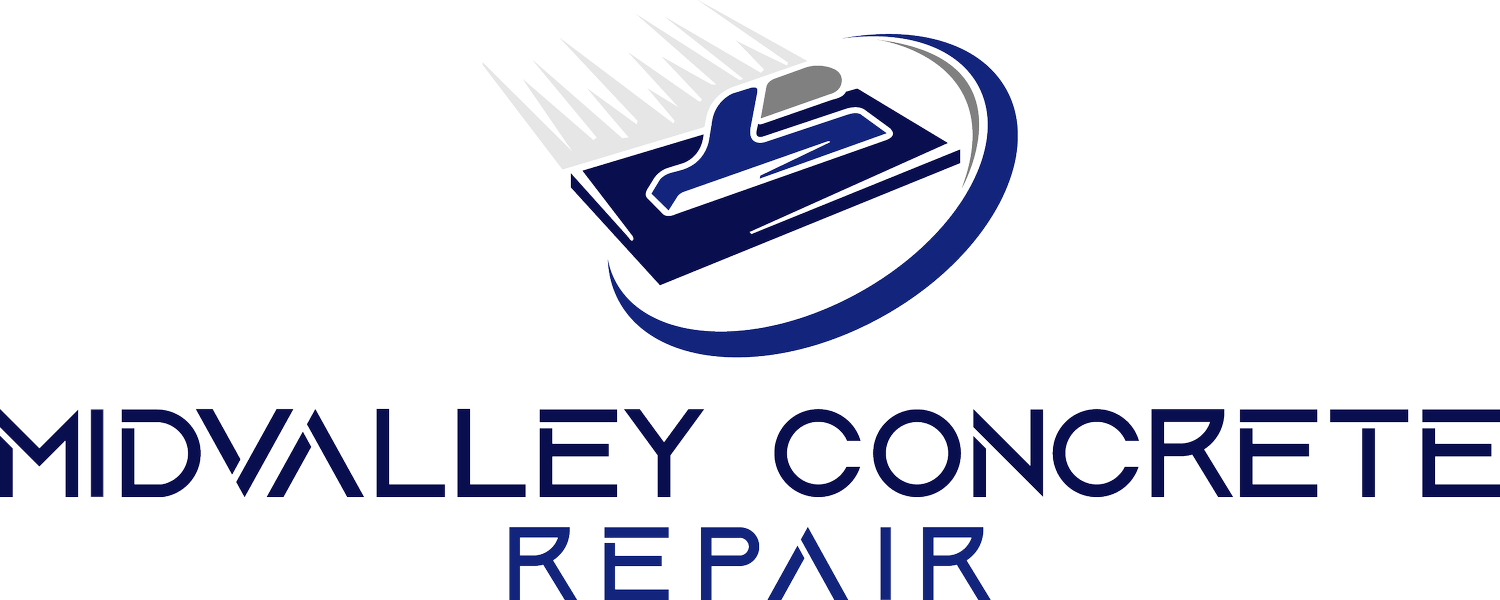Why Seal Your Concrete?

Concrete is strong, but it’s also porous, meaning it can absorb oil, water, salt, and other harmful substances. Over time, this can lead to cracks, surface damage, and deterioration. Sealing your concrete regularly helps:
✅ Prevent stains
from oil, grease, and chemicals
✅ Reduce moisture absorption,
minimizing freeze-thaw damage
✅ Protect against salt damage
in colder climates
✅ Enhance durability and extend lifespan
Types of Concrete Sealers
There are different types of sealers, each with unique benefits:
🔹 Acrylic Sealers
– Cost-effective, provide a protective film, and enhance appearance with a slight gloss.
🔹 Penetrating Sealers
– Absorb into the concrete to block moisture while maintaining a natural look.
🔹 Epoxy & Polyurethane Sealers
– Highly durable, great for decorative concrete, but can be slippery.
🔹 Lithium-Based Densifiers
– Strengthen the surface by reacting with concrete compounds, ideal for industrial or high-traffic areas.
How Often Should You Seal Your Concrete?
The frequency of sealing depends on the type of sealer used and the environment. On average:
Driveways & walkways:
Every 2-3 years
Garage floors:
Every 1-2 years
High-traffic commercial areas:
Annually or as needed
Signs Your Concrete Needs Resealing
🚩 Water no longer beads up on the surface
🚩 Increased staining from oil, salt, or other substances
🚩 Fading or discoloration
Utah County’s Trusted Concrete Sealing Experts
Proper sealing extends the life of your concrete and keeps it looking great. If you’re unsure which sealer is best for your space, Mid Valley Concrete Repair is here to help. Contact us today for expert concrete sealing services in Utah County!
Contact Us
Phone:
801-734-9712
Email: midvalleyconcretegandr@gmail.com
Provo, Utah
